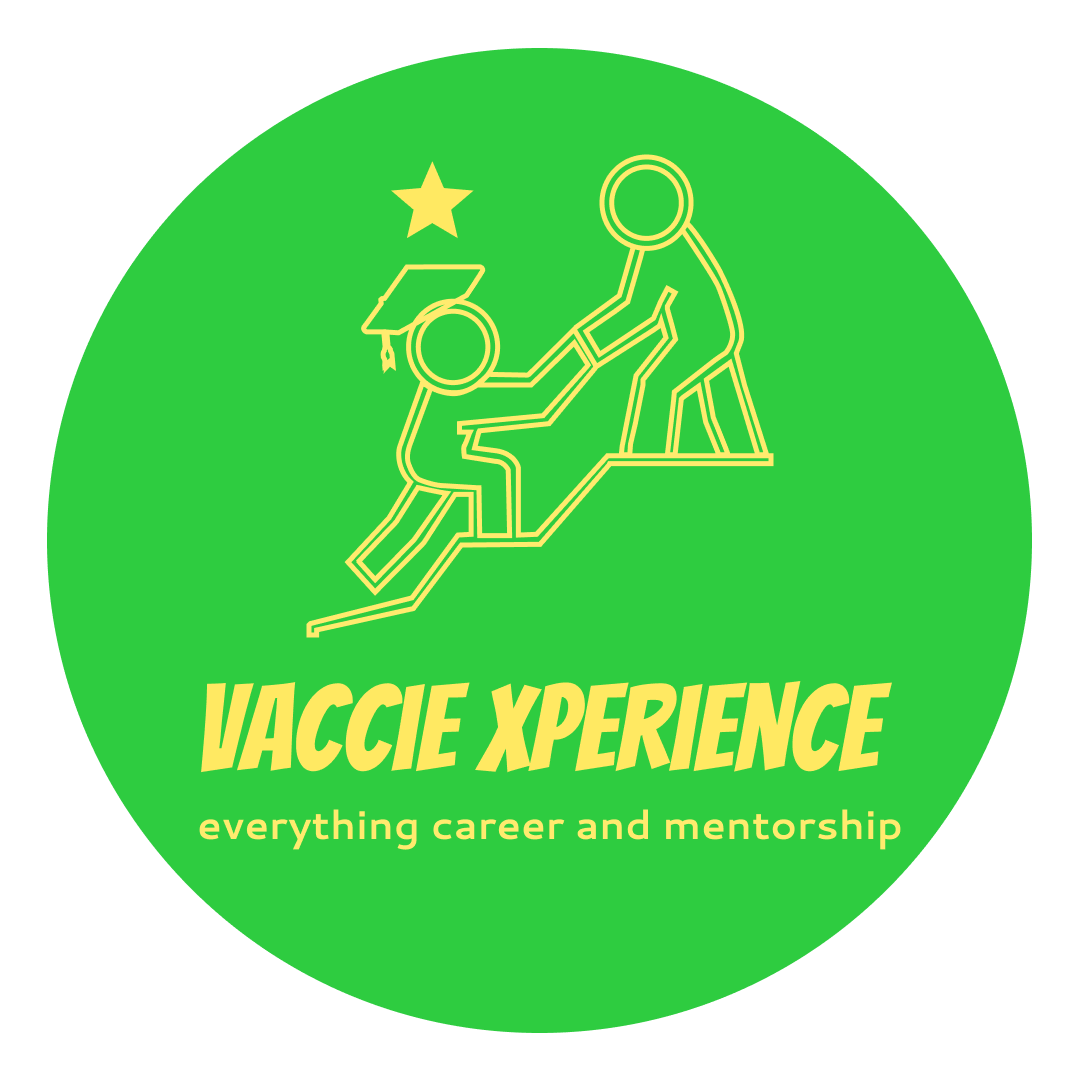"Empowering Futures, One Connection at a Time."
Explore: Literacy Volunteer
Brief description of the role
Key responsibilities and day to day tasks of the job
In my role as a Literacy Volunteer, I actively engage with children during holiday programmes to help improve their reading and writing skills. Each day, I prepare a variety of interactive and age-appropriate literacy activities, such as storytelling sessions, phonics games, and writing exercises designed to build learners’ confidence and foundational skills. I work closely with individual learners and small groups, providing personalized support to those who struggle with specific literacy challenges, ensuring they do not feel left behind.
I help create a positive and encouraging learning environment where children feel safe to express themselves and take risks with language. This involves managing classroom dynamics, keeping learners focused and motivated, and adapting activities to meet diverse needs and learning styles. I also assist in setting up learning materials and resources before sessions and help with clean-up afterward, ensuring the space remains organized and welcoming.
Collaboration is key in this role, so I regularly communicate with other volunteers and programme coordinators to share insights, report on learner progress, and contribute ideas for improving the programme. On some days, I support logistical tasks like registering learners, coordinating attendance, and helping plan special events or workshops that promote literacy.
Overall, my day-to-day responsibilities are varied, hands-on, and deeply rewarding as I witness learners grow in their skills and confidence through consistent support and engaging activities.
Skills most important for success in this role
Skills important for a Literacy Volunteer are communication and patience. Strong communication skills are essential because you’ll be breaking down reading, writing, and language concepts in a way that learners of various ages and backgrounds can understand. You also need to listen actively, offer constructive feedback, and celebrate small milestones. Patience is equally vital—literacy development takes time, and learners may face emotional or educational barriers. A patient volunteer creates a safe and encouraging space, which helps build learners’ confidence and motivation.
In addition to those, empathy and adaptability are also crucial. Empathy allows you to truly connect with learners, understand their struggles, and offer support that feels personal and respectful. Many learners may be battling issues like shame, frustration, or past academic trauma. Empathy helps you respond with compassion instead of judgment. Adaptability, meanwhile, ensures that you can adjust your teaching style and pace based on each learner’s unique needs, learning speed, and background. No two learners are the same, and being flexible in your approach is key to helping everyone succeed.
School subjects / tertiary courses / required certificates
Relevant school subjects include English, Languages, and Life Orientation. For tertiary studies, consider Education, Language and Literacy Studies, Social Work, or Community Development. While formal certificates aren’t always required for volunteering, having training in Foundational Phase Education, ABET, or completing short courses in Literacy Tutoring, TEFL, or Inclusive Education can be helpful. Some volunteer programs offer basic orientation or tutor training workshops before placement.
Kind of work environment (e.g Office based, remote, fieldwork etc)
The work environment for a literacy volunteer is often community-based and informal. You might find yourself in schools, libraries, community centres, NGOs, or even homes, depending on the program’s structure. The atmosphere is usually supportive, nurturing, and learner-centered, focusing on creating a safe space for participants to grow in confidence. You may work one-on-one or with small groups. Flexibility is key, as sessions can be tailored around the learner’s needs and the volunteer’s availability.
Potential career progression opportunities in the field
Starting as a literacy volunteer can lead to careers in education, non-profit work, adult learning, or community development. With additional training or formal qualifications, you could become an Adult Basic Education and Training (ABET) facilitator, a foundation phase teacher, or even work in curriculum development for literacy programs. Some individuals move into education policy, NGO program management, or roles supporting literacy advocacy at a national or international level.
Are there any internships, work experience or volunteer opportunities that would help gain exerience in this field
Yes. Volunteering at libraries, reading clubs, after-school programs, or adult education centres offers valuable experience. Organizations like READ Educational Trust, Shine Literacy, or Nal’ibali in South Africa often seek volunteers for storytelling, reading assistance, and literacy outreach. Internships with NGOs focused on education or language development also provide exposure to real-world literacy challenges and program implementation.
